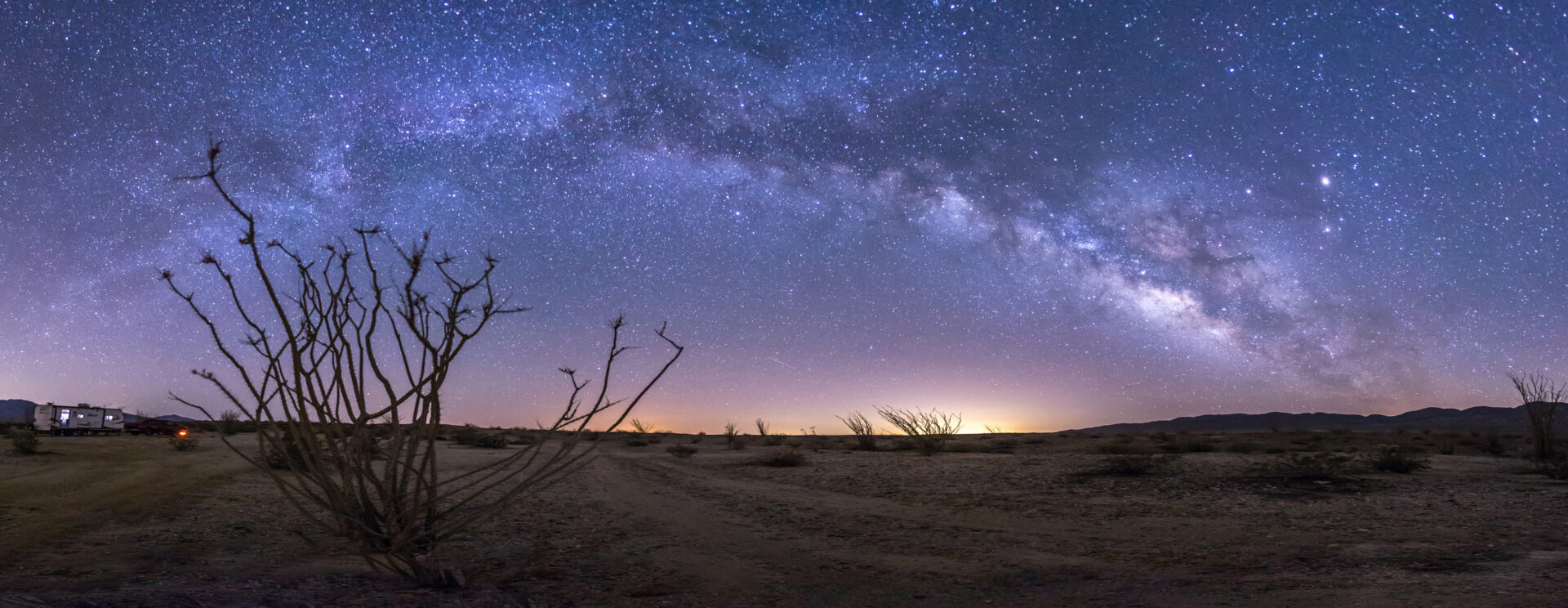If it is a human thing to do to put something you want, because it’s useful, edible, or
beautiful, into a bag, or a basket, or a bit of rolled bark or leaf, or a net woven of your
own hair, or what have you, and then take it home with you, home being another,
larger kind of pouch or bag, a container for people, and then later on you take it out
and eat it or share it or store it up for winter in a solider container or put it in the
medicine bundle or the shrine or the museum, the holy place, the area that contains
what is sacred, and then next day you probably do much the same again—if to do
that is human, if that’s what it takes, then I am a human being after all. Fully, freely,
gladly, for the first time.
~Ursula K. Le Guin, “The Carrier Bag Theory of Fiction”
It is already known that our speciality is not in solving problems, but in creating
them. ‘Creating them?’ No, that is too presumptuous, rather in proposing. Yes, our
specialty is in proposing problems.
~Subcomandante Marcos, on behalf of the Zapatistas
Hello everybody,
Welcome to English 1010, my name is Jeff Voss and I’m excited to explore the worlds of anarchism and utopia with you this semester!
This course is concerned with how practices of reading and writing can be wielded
as technologies of imagination and utopia. More precisely, we will approach, though
perhaps never arrive at, utopia through various theories and practices of anarchism.
What do we mean by ‘anarchism’? This is a question we will pursue again and again
through engaging with a plethora of different forms, practices, and expressions of
anarchism: essays, manifestos, conversations, speeches, poetry, fiction, among
others. As we read, we will write and converse and hopefully practice our own
nascent form of anarchism centered around that most generous and natural of
human activities: sharing. Sharing writing, ideas, questions, uncertainties, doubts,
needs – rather than march linearly forward in the drive to reach some predetermined
end point, we will attempt to learn with and from one another in an echo of the
Zapatistas, not in order to provide answers, but to practice and celebrate our ability
to pose questions.



